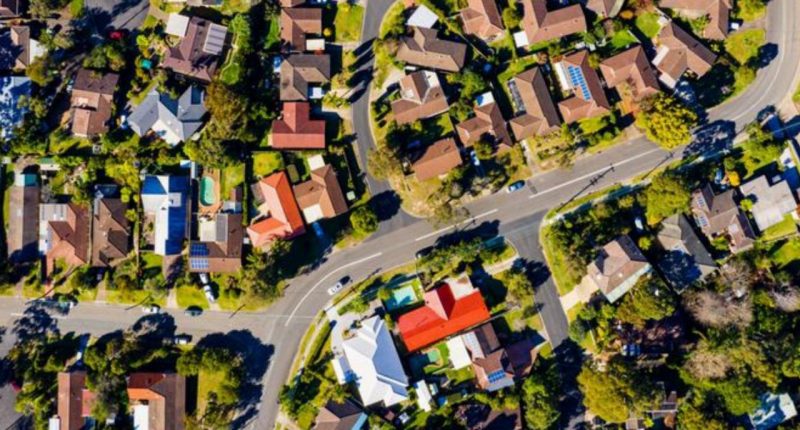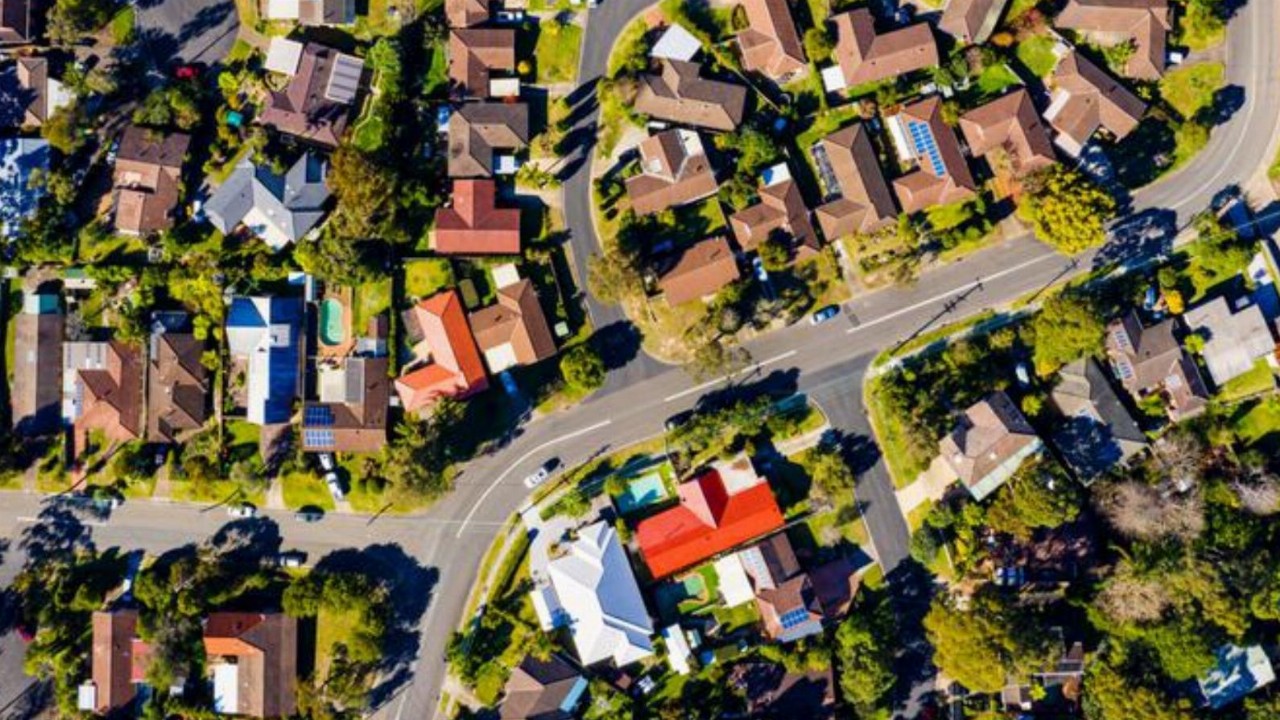- Political parties and advocacy groups have raised concerns about a housing crisis as the COVID-related rental moratorium comes to an end
- The moratorium was designed to protect people from evictions and rent increases during the worst of the crisis
- This support will expire for renters in New South Wales, Western Australia, and Victoria by the end of this week
- Renters have already been informed of impending price hikes that many will not be able to afford
- For Australians in three states, the moratorium’s end will coincide with the end of support from the JobKeeper Payment Program
Politicians and advocacy groups have raised concerns about a housing crisis as the COVID-related rental moratorium comes to an end.
One year on from the pandemic first hitting Australia, various government responses to its impacts are about to end.
In three states, late March will mark the end of two major initiatives which have aimed to keep the country’s citizens afloat during COVID-19. One of these initiatives is the rent moratorium, which was implemented to help people in residential rental properties keep a roof over their heads.
On March 29 of last year, Prime Minister Scott Morrison announced a six-month moratorium on rental evictions.
“States and territories will be moving to put a moratorium on evictions of persons as a result of financial distress if they are unable to meet their commitments,” he said.
In addition to protecting people from eviction, the moratorium would also stop landlords from increasing rent prices during the crisis.
The Northern Territory’s Government walked away from the moratorium shortly after that in April — the only Australian region to do so.
The eviction moratorium ended in Queensland and Tasmania in September 2020 and January 2021, respectively. In comparison, the remaining states and territories either extended the moratorium further or made comparable changes to residential tenancy laws.
For NSW, the rental moratorium ends today, on March 26. For Victoria and Western Australia, the moratorium and tenancy law changes will end on March 28.
According to the Real Estate Institute of WA (REIWA), it’s too late for people in these states to brace for impact. The effects of the moratoriums ending are already starting to hit renters, before the impending end dates have even arrived.
Since as far back as November 2020, REIWA has noted that rents have been rising by 10 to 20 per cent in WA, when new tenants sign on.
WA renter Andre May-Dessmann saw his rent increase when he renewed his lease. While the increase won’t come into effect until June, it was made possible by the impending end of the moratorium.
Andre believes that the housing crisis is already a grim reality, which could be exacerbated by the end of other support programs, like JobKeeper and JobSeeker COVID-19 payments.
“At the moment the rental market is […] as competitive as getting a job. And then there’s the price of properties and the increase of rent, which is not necessary at all and only in place to put money in pockets of people who do not need it,” he said.
“This, with the mixture of the decreasing Corona supplement payments and JobKeeper […] makes it a struggle for those who have only been kept at work because of those payments, and for those who cannot work like myself due to mental health and injuries,” he added.
Unlike Andre, many renters in WA, NSW, and Victoria will see price hikes on their rent take effect almost immediately, once the moratorium ends.
When questioned about the upcoming end of JobKeeper, Treasurer Josh Frydenberg recently said the measure was always intended to be temporary, but that other support from the Federal Government will be implemented.
The only Australian states or territories that have more time up their sleeve on the rental front are the Australian Capital Territory (ACT) and South Australia. Their rent-related initiatives are due to end on April 30 and May 31, respectively.
In light of a potential housing crisis, the WA Greens Party and affordable housing advocates have both called for a ban on no-grounds evictions. In addition, they have suggested the introduction of a cap on rent prices, limiting the amount that landlords can increase rent by.
Earlier this month, the WA State Government rejected the possibility of an extension or soft exit to the moratorium. Instead, the McGowan Government argued it had already invested over $3 billion in affordable social housing and homelessness prevention measures since 2017.







